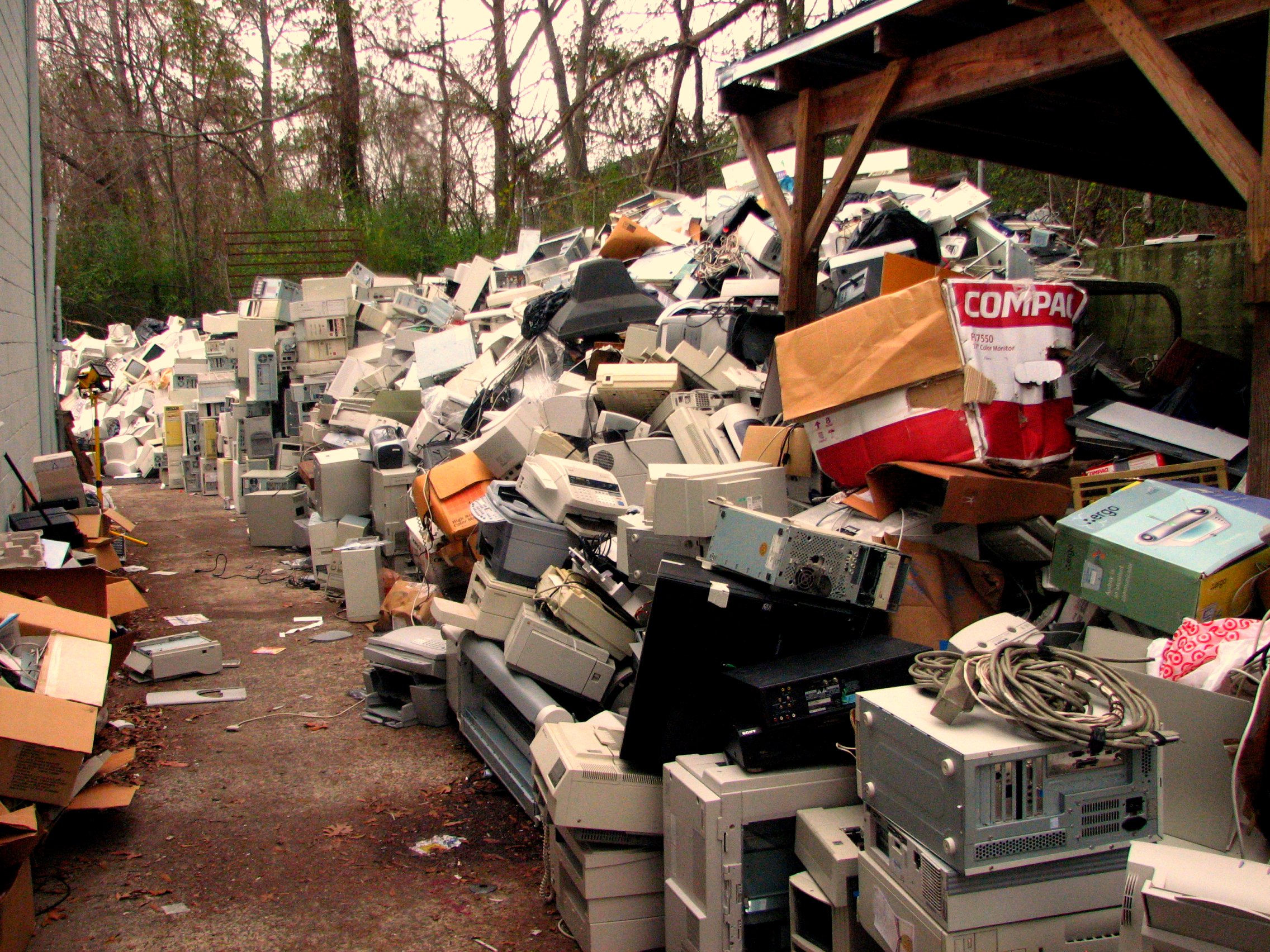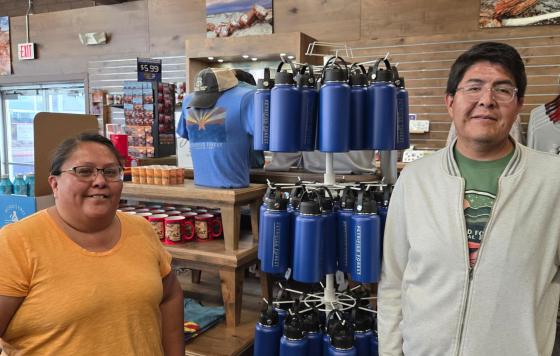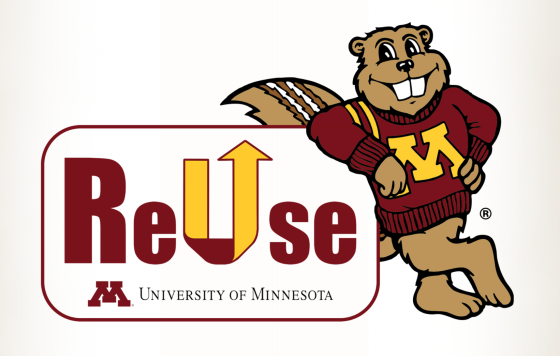
Did you know the Massachusetts Department of Environmental Protection (DEP) has “waste bans” on items that are not supposed to be put in the trash? In 2020, Massachusetts produced 5.9 million tons of waste, but most of that waste is actually made up of materials that could have been recycled or composted, like cardboard, glass, paper, metal, leaves, yard waste, and food scraps. Recycling some items can take a little bit more work than just putting mixed paper on the curb, but it’s worth it to protect our communities from the pollution caused by landfills and incinerators! Here's how to keep 5 banned items off of the curb:
- Textiles - Used clothing, footwear, bedding, towels, curtains, and other fabrics can be donated to local thrift and second-hand stores like Goodwill, or dropped off to textile recovery outlets, where they can be recycled. You can also donate gently used textiles online through local zero-waste Facebook groups, like Everything is Free Medford (EIFM), and Buy Nothing Jamaica Plain. Find yours today!
- Mattresses - Bought a new mattress? Don’t leave your old one on the curb! Some companies will take your old mattress away to be recycled when they deliver your new one. If not, try donating your gently-used mattresses to a local zero-waste Facebook group, or recycling them. Mattresses contain easily recyclable components like metal springs, and over 230 Massachusetts municipalities have mattress recycling collection programs in place.
- E-waste - Old electronics such as televisions, computers, monitors, and cell phones can contain materials that are hazardous in the trash, but a lot of the materials in e-waste, such as precious metals, are still valuable and can be recycled! If an item still works, first try searching for a local school or nonprofit who would gladly accept it, or try posting it on a neighborhood Buy Nothing group as a freebie! For e-waste that no longer works, check to see if your municipality offers an e-waste recycling program. Boston does! Some large retailers like Best Buy also accept e-waste for recycling.
- Large appliances - Don’t toss out that washing machine! Large appliances, or “white goods,” can be repaired and reused, or recycled. Check with your local municipal recycling program. Also, some large retailers will haul away your old appliance for recycling when you purchase a new one. Fun fact: you can recycle your inefficient working refrigerators or freezers through the Mass Save® appliance recycling program with no-cost pickup and removal - plus, a $75 rebate!
- Home improvement materials - Doing some home renovation? Think twice before you assume materials are trash! Interior materials like sinks and cabinets - even lumber and plywood - can be donated online or at select reuse centers like the Boston Building Center Reuse Center.
Most items in good condition can be reused, so always opt to donate them at thrift stores, reuse centers, or online before checking out recycling options. You can minimize your own waste even further by buying more items secondhand! The more we move towards a circular economy where items are reused and recycled rather than tossed in the trash, the more we can protect Massachusetts communities from the harmful impacts of landfills and incinerators.
Want to get more involved? The Massachusetts DEP waste bans are only as strong as their enforcement. Sign our petition to ask Governor Maura Healey to direct the Massachusetts DEP for stricter enforcement of the waste bans today!


